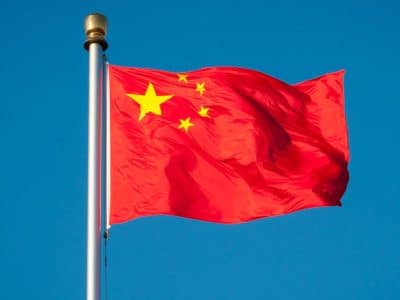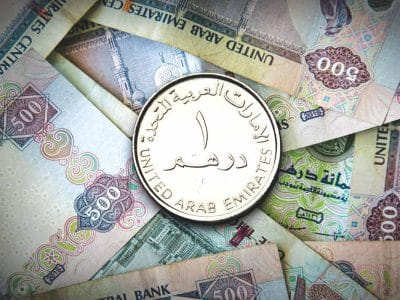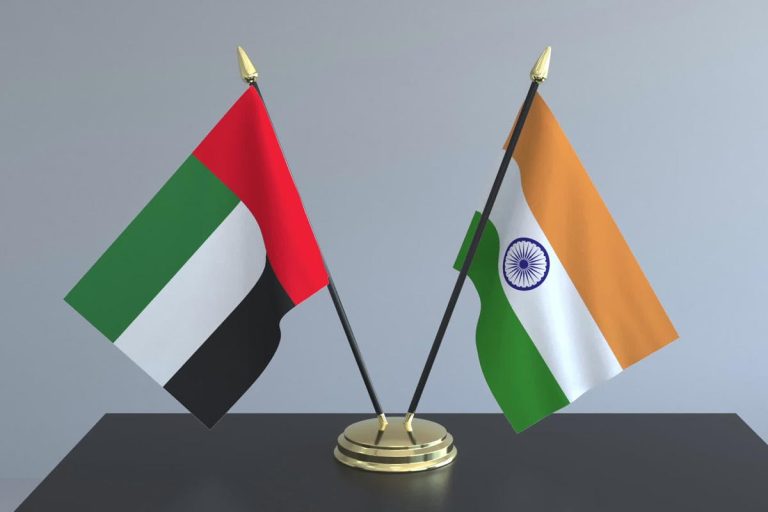UAE-India bilateral non-oil trade reached $45.5bn in the first 11 months of the two country’s Comprehensive Economic Partnership Agreement (CEPA), according to government statistics.
The figure represents a 6.9 percent increase from the previous 12-month period, despite the downturn in global trade in Q3 and Q4, 2022.
The figures were shared by Thani bin Ahmed Al Zeyoudi, the Minister of State for Foreign Trade, who heralded the “new era of prosperity”.
UAE-India trade
Speaking on the opening day of the Annual Investment Meeting (AIM) in Abu Dhabi ahead of the first anniversary of the UAE-India CEPA, the minister also stated that bilateral trade surged ahead in Q1, 2023.
Trade between the nations climbed 24.7 per cent on the previous quarter, with UAE non-oil exports to India climbing an impressive 33 per cent.
Al Zeyoudi said: “One of the central goals of the UAE-India CEPA is to increase the flow of goods and services between our nations – and, by doing so, stimulate key export sectors, drive industrial output and kick-start an exciting new era of prosperity.
“These figures underline the pace of our progress. The UAE and India have created an alliance for growth, a platform for deeper cooperation and economic integration that will reap considerable rewards over the long term.”
“Over the past year, our nations have recognised that our economies work better when we remove barriers, facilitate cooperation and build trust, and we must constantly work together to strengthen our partnership to create more opportunities for our private sectors – and deliver more prosperity for our people,” he added.
Shri Rajesh Kumar Singh, Secretary of India’s Department for Promotion of Industry and Internal Trade, said the openness and transparency of the UAE-India relationship since the beginning of CEPA negotiations are the essential ingredients for a successful, long-term partnership.
The UAE-India CEPA, which came into effect on May 1, 2022, was the UAE’s first ever bilateral trade deal and a cornerstone of the country’s new foreign trade agenda, which seeks deeper ties with strategic allies around the world to both accelerate economic recovery and secure vital supply chains.
The deal removed or reduced tariffs on more than 80 per cent of product lines, eliminated unnecessary barriers to trade, promoted investment flows into priority sectors, and offered a platform for SME cooperation and expansion.







